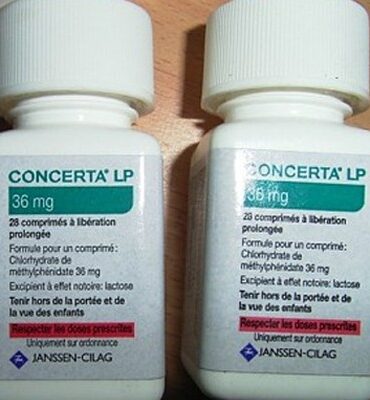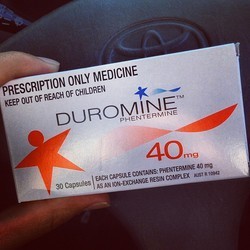- You have no items in your shopping cart
- Continue Shopping
Fentanyl is a powerful synthetic opioid analgesic, approximately 50-100 times more potent than morphine. It is used to manage severe pain, often in patients who are tolerant to other opioids. The typical dosage form is in micrograms (mcg), not milligrams (mg), due to its high potency. Fentanyl is available in various forms, including transdermal patches, injections, lozenges, and nasal sprays.
Benefits
- Potent Pain Relief: Fentanyl provides significant pain relief for severe pain conditions, such as cancer pain, postoperative pain, and pain from severe injuries.
- Rapid Onset: Fentanyl works quickly, making it ideal for managing acute pain episodes or breakthrough pain in chronic conditions.
- Long-Lasting Effects: Certain formulations, like transdermal patches, offer long-lasting pain control, reducing the need for frequent dosing.
- Versatile Administration: Available in multiple forms, fentanyl can be tailored to individual patient needs, whether for continuous pain management or as needed for breakthrough pain.
- Improved Quality of Life: Effective pain control with fentanyl can significantly improve the quality of life for patients with severe, chronic pain conditions.
Side Effects
- Common Side Effects: Drowsiness, dizziness, nausea, vomiting, constipation, and sweating are among the most commonly reported side effects.
- Respiratory Depression: Fentanyl can cause severe respiratory depression, especially at higher doses or when combined with other central nervous system depressants. This can be life-threatening.
- Dependency and Withdrawal: Fentanyl has a high potential for physical and psychological dependence. Withdrawal symptoms can be severe if the medication is abruptly discontinued.
- Tolerance: Over time, patients may develop a tolerance to fentanyl, requiring higher doses to achieve the same level of pain relief.
- Risk of Overdose: Due to its potency, the margin between an effective dose and an overdose is narrow. Accidental overdose can lead to respiratory failure and death.
- Allergic Reactions: Some individuals may experience allergic reactions, such as rash, itching, or swelling.
Important Considerations
- Prescription Use Only: Fentanyl should only be used under the guidance of a healthcare provider and with a valid prescription. It is typically reserved for patients who have not found adequate pain relief with other opioids.
- Strict Dosage Management: It is crucial to follow the prescribed dosage and not to exceed the recommended amount to avoid the risk of overdose and severe side effects.
- Avoid Alcohol and Certain Medications: Combining fentanyl with alcohol or other central nervous system depressants can significantly increase the risk of dangerous side effects, including respiratory depression and death.
- Not for Opioid-Naive Patients: Fentanyl is not suitable for individuals who have not been previously treated with other opioids due to its high potency.
- Regular Monitoring: Regular monitoring by a healthcare provider is essential to assess the medication’s effectiveness, adjust the dosage as needed, and monitor for potential side effects and signs of misuse or abuse.
Conclusion
Fentanyl 100 mcg is an extremely potent opioid analgesic used for managing severe pain in patients who are opioid-tolerant. While it offers significant benefits, including potent and rapid pain relief and improved quality of life, it is essential to use fentanyl responsibly and under strict medical supervision due to its high risk of side effects, dependency, and overdose.
Disclaimer: This description is for informational purposes only and does not replace professional medical advice. Always consult with a healthcare provider before starting any new medication.
You Might Also Like These:
Product Recently View
You have not recently viewed item.













Customer reviews
Reviews
There are no reviews yet.
Write a customer review